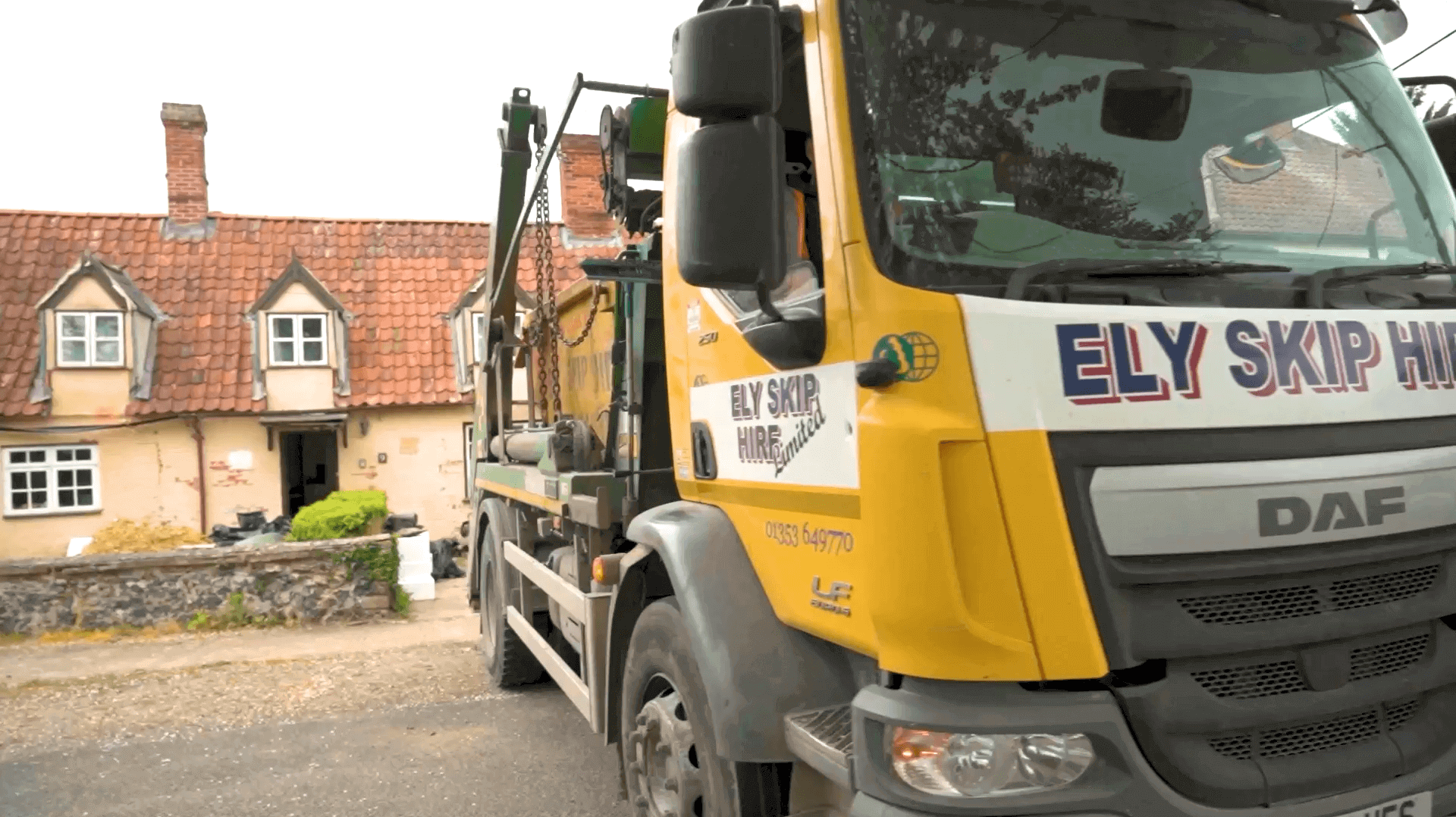Recycling bins provide a crucial service in helping our communities properly dispose of waste and reduce the amount of rubbish sent to landfills. Read this blog to find out more about the recycling journey and why it is so important.
What happens to recycling after it is collected?
Have you ever wondered what happens to that empty drink can after you toss it into the recycling bin? Once your bottles, cans, papers and other recyclables are picked up, they embark on an intriguing journey to be transformed into new materials.
After collection, recyclables are transported to a materials recovery facility to be sorted. This is where the real magic happens! Magnets, screens, filters and conveyor belts divide plastics, papers, metals and glass into separate streams. Plastics are further sorted by their resin codes.
From there, the sorted materials are compacted into bales and sold to processors.
- Metals are shredded and melted down to make new metal products.
- Plastics are washed, melted and turned into pellets.
- Papers are mixed with water and chemicals to create pulp and then rolled out to make new paper products.
- Glass is crushed into a material called cullet and remelted endlessly to manufacture new glass.
Why do we have recycling bins? Is it that important?
There are several reasons why recycling bins and centres are used. These include:
- Reducing the amount of waste that ends up in landfill sites.
- Reducing carbon footprint.
- Using waste for renewable energy and being able to recycle waste so it can be reused.
You have your black bags, and the first thing you do when you look at a black bag is instantly think rubbish, rubbish goes in, the bag gets collected and so the cycle goes on.
However, the purpose of these bins is to recycle, anything that can be recycled and waste that can be reused goes in the blue bins, usually their items such as cardboard, paper, metal tins and glass.
The green bins are usually for organic waste such as grass cuttings and leaves. Essentially, anything that is organic and biodegradable is usually acceptable to go in these bins.
Why recycle? What’s the point?
- Recycling reduces the need to make new products from raw materials, lessening the need to manufacture more products, and cutting down the use of natural resources, i.e. wood, metal and water.
- Paper can be recycled, for example you recycle your newspaper/magazine it will be used again to make another newspaper/magazine.
- Glass is crushed, melted in a furnace and then used to create new bottles or jars.
- Cans, are crushed, melted and then used to produce more cans or tins.
- Garden waste – organic biodegradable is turned into compost to be used in the agriculture industry.
- So, we can reuse, recycle and save money along with lowering our greenhouse gases and lowering the carbon footprint we are producing.
What happens if we don’t recycle?
Although there are plenty of natural resources on the earth, they won’t last very long at the rate we’re using them up. Furthermore, if we don’t recycle more, there will be more rubbish dumped in landfill sites and more greenhouse gases will be emitted into the atmosphere.




